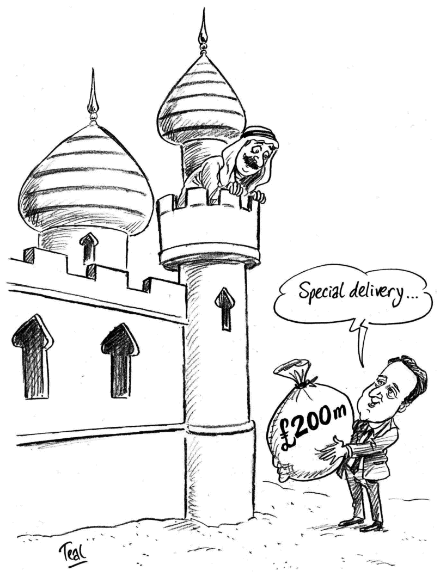The UK is bidding to become a world hub for Islamic finance with the launch of a £200 million Sharia bond early next year. The government hopes that this will encourage Islamic investment into all sorts of British enterprises. There are also plans for an Islamic index at the London Stock Exchange so that investors can track companies that engage in Sharia-compliant activities. The main difference between a high street bank product or investment and an Islamic one is that a strict interpretation of the Koran prohibits investors making money from simply lending it. This means that customers with an Islamic savings or current account are not paid interest on their deposits and borrowers with an Islamic mortgage do not pay interest on their debt. Instead home buyers have the option of a scheme in which the bank buys the property and then leases it to the customer or one where the bank again buys the property but sells it to the customer at a profit. The customer then pays off the profit through fixed repayments.

Sharia Bond
If all this seems to be a bit contrived, well it is. Stricter Muslims spurn Islamic banking because they consider paying a fee to account holders is simply rebranding interest payments. It is hard to argue with this view. More moderate Muslims on the other hand say that the Prophets objection was to ‘usury’, the charging of exorbitant interest, as opposed to commercial rates. All this is pretty immaterial though and all advisers, most particularly those who are claiming to be ‘independent’, should keep themselves up to date with these products and be prepared to advise on them where necessary.
The above is the lead article in our monthly News Notes. Please click here for information regarding these notes.
